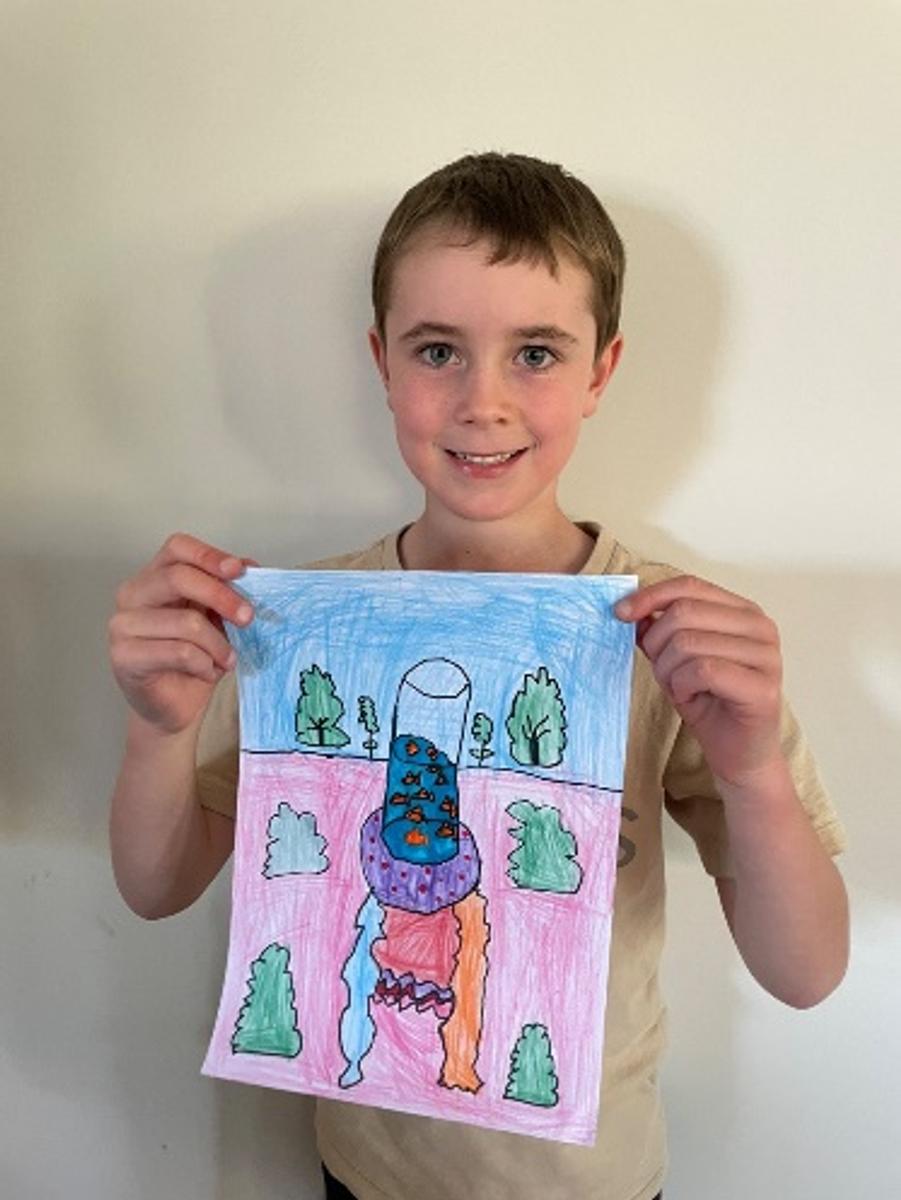From the Head of Junior School
Mr Joel Weekes

From the Head of Junior School
Mr Joel Weekes
Dear Parents and Carers of the St Gregory’s College family,
This week marks the end of Week 8 – our eighth week as a school offering remote learning and it is safe to say, that it is not the term that we had expected. I acknowledge the struggles that many of you face daily with the delicate balance of work and schooling. Once again, I would like to express how impressed I am with the support of the College community. St Gregory’s College is such a special place and one that I am so proud to be a part of. Thank you for all you are doing to support your child through these difficult times – it is truly appreciated!
Social-Emotional Learning


If this whole pandemic has taught me anything, it is the power of relationships, in particular the power of human interaction. Today, I write with some guidance that I have been provided through ‘raising children’ in regards to social-emotional learning. This is by no means a recipe for all families and all children, but provides some advice in navigating uncertain times and in particular the importance of self-esteem in your children.
Self-Esteem – the Basics
Self-esteem is about liking yourself and who you are. This doesn’t mean being overconfident – just believing in yourself and knowing what you do well.
For children, self-esteem comes from:
The most important thing you can do to foster your child’s self-esteem, is to tell your child that you love them. Say it often and for no reason other than to show you appreciate your child.
Relationships, connections, belonging and your child’s self-esteem
Being connected to other people who care about them is good for your child’s self-esteem. It gives them a stronger sense of place in their immediate and extended family. Being connected to friends and people in the community helps your child learn how to relate to others and can boost their confidence. This has been the challenge through lockdown – no opportunity to be with their friends. I know that my children have really struggled in the past weeks with this lack of connection with their social world.
Here are some ideas for nurturing your child’s self-esteem through relationships:
Quality time and your child’s self-esteem
When you spend quality time with your child you let them know they’re important to you. Doing things together as a family can help strengthen a sense of belonging and togetherness in your family, which is also good for your child’s self-esteem.
Here are some ideas:


Achievements, challenges and your child’s self-esteem
Success and achievements can help your child feel good about themselves. But your child can also build self-esteem doing things they don’t always enjoy or succeed at. You can still praise their effort and determination – and remind them that these will help them succeed in other areas, or next time.
There are lots of ways to help your child succeed, achieve and cope well with failure:
Things that can damage children’s self-esteem
Messages that say something negative about children are bad for their self-esteem – for example, ‘You are slow, naughty, a bully, a sook …’. When children do something you don’t like, it’s better to tell them what they could do instead. For example, ‘You haven’t done your work. You need to sit down now and finish your maths questions’.
Ignoring children, treating them as a nuisance and not taking an interest in them are likely to be bad for children’s self-esteem. An example might be, ‘I am sick and tired of you’. Frowning or sighing all the time when children want to talk to you might have the same effect.
Negative comparisons with other children, especially brothers and sisters, are also unlikely to be helpful. Each child in your family is different, with individual strengths and weaknesses. It’s better if you can recognise each child’s successes and achievements.
Adapted from https://raisingchildren.net.au/toddlers/behaviour/understanding-behaviour/about-self-esteem
We are all looking forward to getting back to normal with school and work. In the meantime, stay strong, be positive and know that this tough time will be short-term and we will be coming out of this together.
As our St Gregory’s College motto states, ‘You will reap what you sow’.


Joel Weekes
Head of Junior School